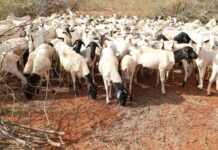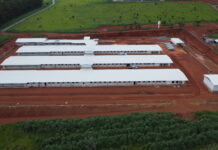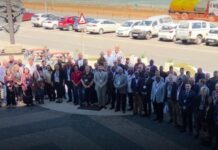As with other Central Banks, the SARB faced runaway inflation, uncertainty over the duration of the Russia-Ukraine war and its continued curtailment of world trade, and weaker domestic and global growth. Its consideration of recent data and projections pointed to an elevated inflation trajectory in the medium term thus forcing the SARB’s hand to increase the repo rate by another 75bps to 6.25% which was in line with market expectations.
For the agriculture sector, this comes on the backdrop of declining confidence in the sector as reflected in Agbiz/IDC Agribusiness Confidence Index whose 3Q2022 outcomes showed a 7 points deterioration to 53 points. Sector challenges included elevated input costs, continued outbreaks of animal disease, war-induced disruption to global supply chains, resurgence of the use of non-tariff barriers to trade, and rising interest rates. Nonetheless, the confidence index remains above breakeven point of 50 points which indicates that things may still rebound to the upside.
Positive farming conditions previously have boosted financial positions and encouraged farmers to expand their operations and replenish the necessary machinery and equipment. This is evident in the excellent sales of agriculture machinery with year to August combine harvesters and tractors increasing by 53% and 17% respectively year-on-year.
Again, the higher interest rate means the farmer faces higher debt servicing costs which may slow down expansions and sales. This may further force marginal farmers to reduce their operations and those that have already been in a dire financial situation to potentially consider quitting.
While showing signs of moderation internationally, input costs remain elevated amidst the uncertainty on the global market thus a potential constrain to further improvement in producer margins in the medium term.








